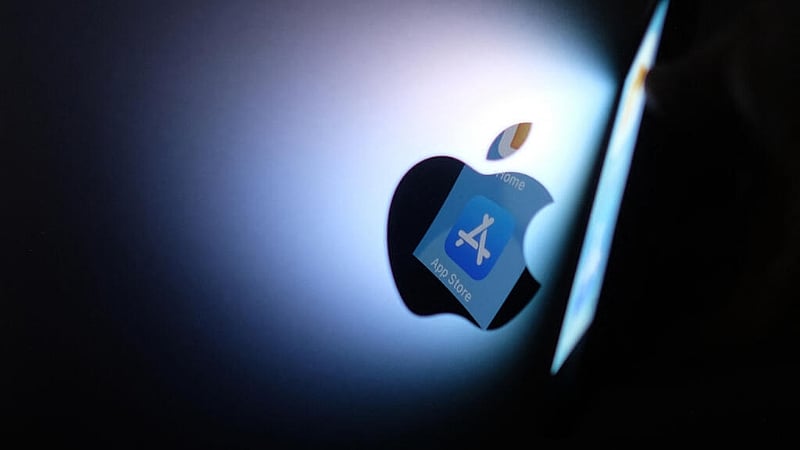Apple’s App Tracking Transparency (ATT) feature, introduced in 2021, has been the subject of intense scrutiny and debate, culminating in a €150 million fine imposed by the French Competition Authority. The authority deemed Apple’s implementation of ATT “unnecessary” and “disproportionate” to its stated goal of protecting user data. This decision marks the latest clash between European regulators and US tech giants, a recurring theme in recent years, occasionally prompting retaliatory threats of tariffs from the US. The French authority’s ruling adds to the growing list of investigations into ATT across Europe, with similar probes already underway in Germany, Italy, Romania, and Poland.
The core of the French authority’s argument revolves around the perceived imbalance and burdens imposed by ATT. The feature requires apps to explicitly request user consent before tracking their activity across other apps and websites. While Apple frames this as a privacy enhancement, critics contend it unfairly disadvantages third-party publishers and benefits Apple’s own advertising services. The authority’s decision highlights the excessive number of consent windows generated by ATT, which clutters the user experience, and points to the requirement for users to opt out of tracking twice, a redundancy that they believe undermines the feature’s neutrality.
Furthermore, the French authority asserts that Apple’s approach disproportionately affects smaller publishers who rely heavily on third-party data collection to fund their operations. These smaller entities, often lacking the resources to navigate the complexities of ATT, face a significant disadvantage compared to larger companies like Apple, which possess the means to adapt to the changing landscape. This concern resonates with the broader debate surrounding the power dynamics within the digital advertising ecosystem, where Apple’s dominance allows it to dictate the rules of engagement.
The French Competition Authority’s decision wasn’t reached hastily. Following initial complaints from advertising industry players in 2021, the watchdog initially declined to impose emergency measures but continued its investigation. This thorough approach demonstrates a commitment to carefully weighing the arguments and evidence before reaching a conclusion. The resulting €150 million fine, while substantial, was deemed “reasonable” and “appropriate” by the authority’s head, Benoit Coeure, considering Apple’s massive revenue, which approached $400 billion in 2022.
Apple continues to defend ATT, emphasizing its role in empowering users to control their privacy. The company maintains that the feature provides a clear and easy-to-understand prompt regarding tracking, consistent for all developers, including Apple itself. The tech giant also points to widespread support for ATT from consumers, privacy advocates, and data protection authorities worldwide. This stance reflects Apple’s continued commitment to positioning itself as a champion of user privacy, a narrative that has become increasingly central to its brand identity.
Despite the fine and ongoing investigations, Apple remains steadfast in its commitment to ATT. The company has indicated that it does not plan to make any specific changes to the feature as a result of the French authority’s decision. This signals a potential protracted battle between Apple and European regulators, with the future of ATT hanging in the balance. The outcome of this clash will have significant implications for the digital advertising landscape and the balance of power between tech giants and regulatory bodies. Additionally, the outcome could set precedents for future regulation of user privacy and data collection practices in the digital realm.


